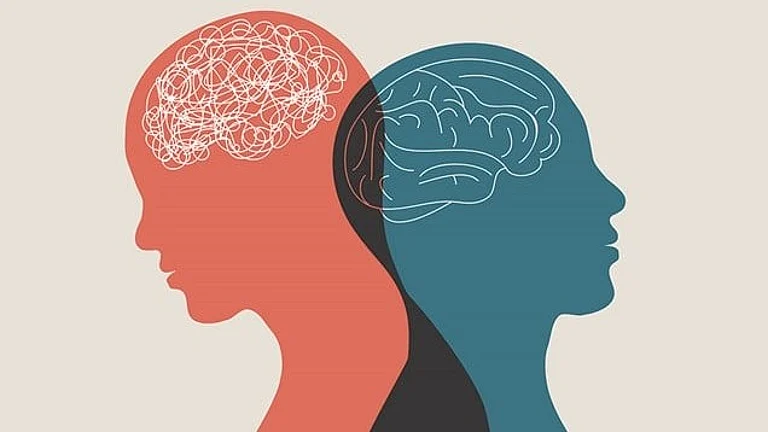Did you know that both the brain and skin come from the same layer of cells during early development in the womb — called the ectoderm? This shared cellular origin has prompted a team of scientists to explore a possible connection between skin conditions and mental health.
They found that people suffering from psychosis along with skin conditions may be at a greater risk of depression and suicidal thoughts. These findings were presented at the European College of Neuropsychopharmacology (ECNP) meeting in Amsterdam.
The research team studied 481 patients who were experiencing psychosis for the first time. Psychosis is a mental health condition where a person may lose touch with reality, and may have hallucinations or delusions.
During the study, it was found that about 14.5% of these patients also had skin problems, such as rashes, itching, or sensitivity to sunlight. Among women, the percentage was higher (24%) compared to men (9.8%).
All patients received four weeks of antipsychotic treatment. After this period, doctors assessed their mental health again.
Lead researcher Dr Joaquín Galvañ from Instituto de Investigación Sanitaria Gregorio Marañón, Madrid, said: “After 4 weeks of follow-up, patients with a first episode of psychosis presenting with skin conditions experienced higher levels of depression and risk of suicide. We found that just 7% of the patients without the initial skin conditions had suicidal thoughts or attempts, in contrast, around 25% of the patients with initial skin conditions had suicidal thoughts or attempts. Initial skin conditions are also linked to greater depression and poorer well-being at follow-up.
This discovery suggests that the presence of skin conditions indicates that these patients are more at risk for worse outcomes than patients who do not have skin conditions after a first episode of psychosis”.
The researchers note that, if confirmed, this finding has the potential to act as an advance marker for mental health risk, similar to the way a blood test might indicate a greater risk of cancer or heart disease.
The study suggests that skin conditions may be an early warning sign for mental health risks. According to researchers, this could help doctors identify which patients need more personalised treatment at an early stage.
“It is already known that many people with skin problems have mental health symptoms. But we looked at it the other way – can mental health patients also show signs through the skin?” Dr. Galvañ added.
The researchers believe that these skin issues could be a signal of more severe illness in early psychosis. They say further studies are needed to understand if this link also exists in conditions like depression, anxiety, bipolar disorder or Attention Deficit Hyperactivity disorder (ADHD).























